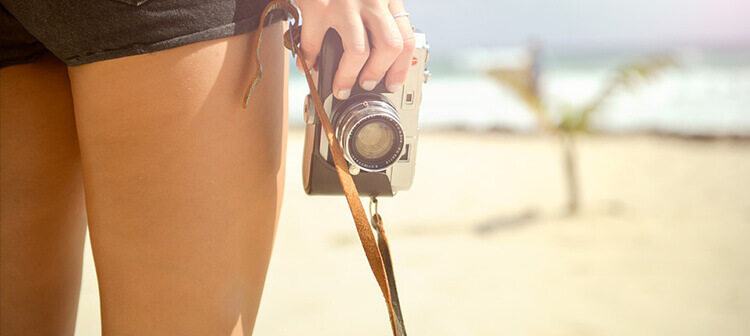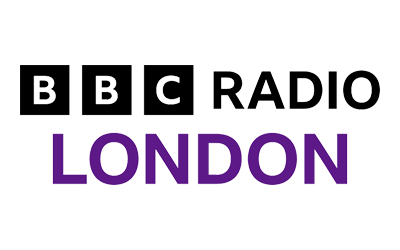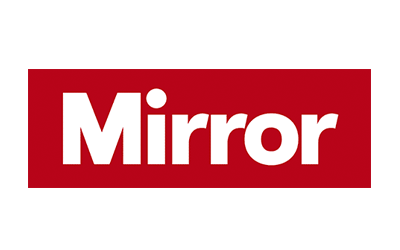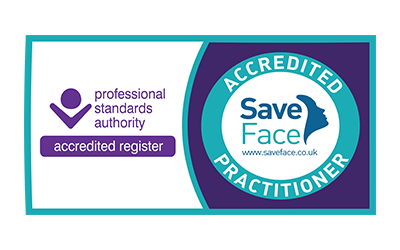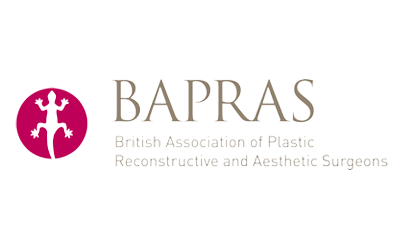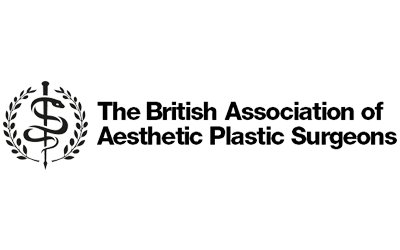Rather than revelling in the chance to wear shorts and skirts or don a bikini on the beach, varicose vein sufferers can find the warmer weather a trial as they shy away from showing their legs in public. So, after surviving another summer covering them up, is now the time to seek treatment for varicose veins?
We’ve recently launched our new Karidis Vein Clinic in response to the growing number of enquiries we receive from both men and women looking for a solution to varicose veins. Led by Consultant Vascular Surgeon and varicose vein expert Mr David Greenstein, our Vein Clinic offers the gold standard in minimally-invasive varicose vein removal.
What are varicose veins?
Varicose veins are swollen and enlarged veins – usually blue or dark purple – that usually occur on the legs.
5 steps to preventing varicose veins
- Get moving
Varicose veins are often genetic – if one of your parents suffered from them, then you will probably develop them at some point in your life – but exercise can help you reduce the symptoms and prevent them getting worse.
If working out hurts or seem to make your veins worse, then seek medical advice, as it’s important to incorporate regular exercise for preventing varicose veins. Walking is one of the best forms of exercise as it helps to push the blood through your veins, decreasing pressure on the varicose veins. Swimming has the same effect, but because your legs are horizontal, it increases the blood flow out of your leg veins. Lifting heavy weights, however, can increase the pressure on your leg veins.
- Maintain a healthy weight
Obesity or being overweight is a contributing factor in this condition as it puts extra pressure on your veins. Being overweight can also camouflage the swollen veins and so sufferers don’t realise they have a problem until the associated complications have worsened.
Weight loss cannot reverse varicose veins if they’ve already developed but it can prevent them from worsening.
- Diet
Diet is important in terms of keeping the weight off, but also there are certain simple changes you can make to your diet that can help to reduce symptoms. Salty or sodium-rich foods contribute to water retention which, in turn, adds pressure on your veins. Nutrients that promote healthy circulation are also important; citrus fruits are seen as particularly beneficial as they also reduce inflammation.
- Keep your legs elevated
It used to be thought that standing for long periods of time caused varicose veins, but many people obviously manage to perform certain jobs, such as shop assistant, teacher or flight attendant, and never develop vascular problems. However, if you are susceptible to varicose veins, then you should be careful and elevating your legs can help to reduce leg swelling and relieve other varicose vein symptoms.
- Consider varicose vein removal
Varicose veins are not just a cosmetic issue and you can develop a whole range of unpleasant, associated symptoms, such as an achy feeling in your legs, muscle cramping, pain, as well as skin itching and discolouration. If left untreated, varicose veins can also lead to skin damage, blood clots and leg ulcers.
Surgical vein stripping is no longer the only option and there is now a whole range of minimally-invasive procedures, such as endovenous ablation or laser treatment, that cause the vein wall to collapse where it can then be safely absorbed by the body.
Downtime is minimal and success rates are very high. For more information on our varicose vein removal treatment options, call 0203 131 4826 to book a consultation at the Karidis Vein Clinic.
